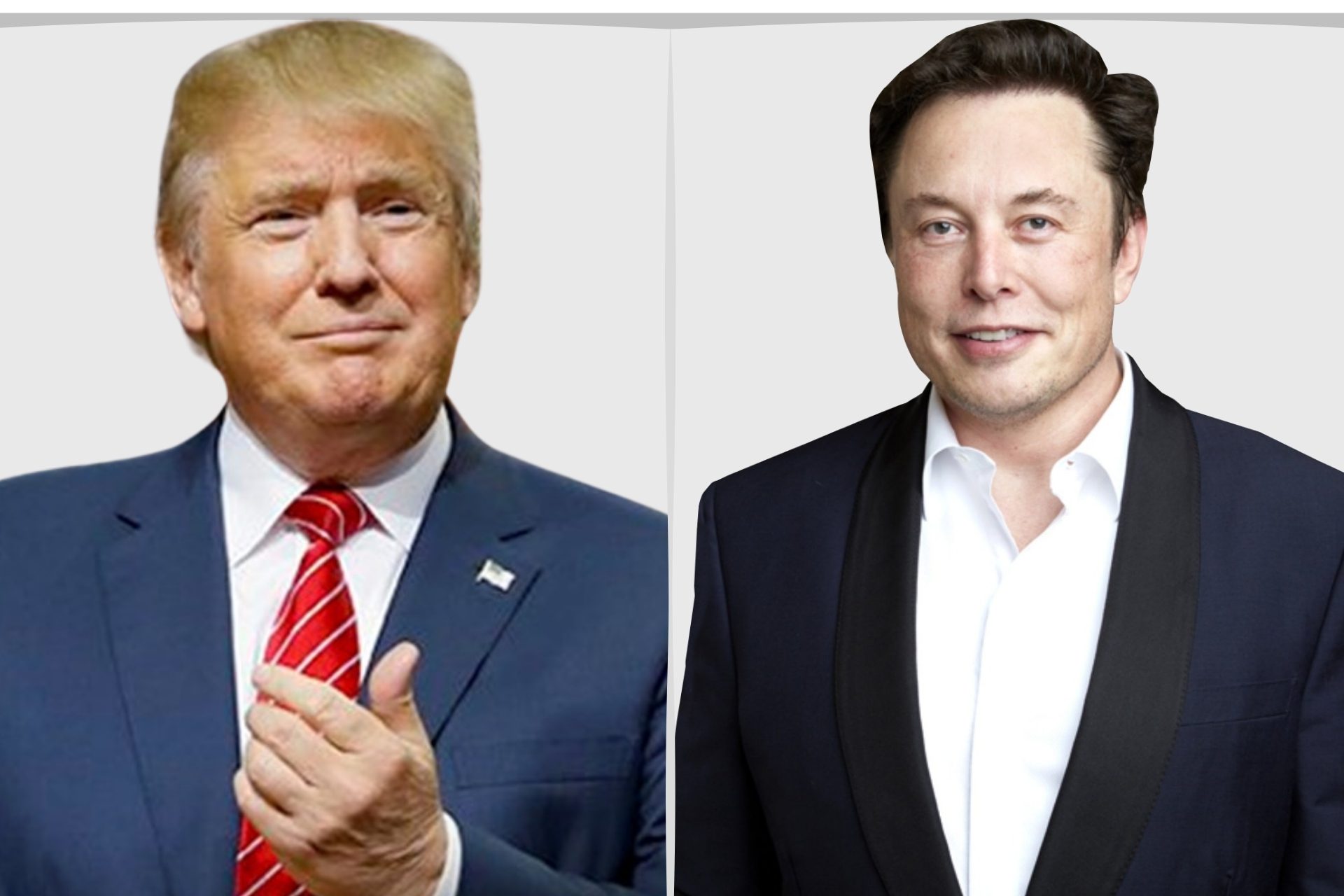President Donald Trump announced a significant 25% tariff on imported automobiles and auto parts while explicitly denying any influence from Tesla CEO Elon Musk on the decision. The announcement has sent ripples through the automotive industry and financial markets, impacting major manufacturers and consumers alike.
The sweeping tariffs cover a broad range of automotive products, including passenger vehicles, SUVs, minivans, and critical components such as engines and transmissions. Trump’s administration positions this move as essential for protecting national security and strengthening domestic automobile production.
“These tariffs could be net neutral or even good for Tesla,” Trump stated during a press conference, addressing speculation about the impact on Musk’s electric vehicle company. The president’s comments came amid increased attention on Musk’s recent cryptocurrency endeavors, particularly with Dogecoin.
The immediate market response was substantial, with Tesla’s shares dropping nearly 6% following the announcement. The company’s stock has already experienced a 33% decline this year, reflecting broader market concerns about the automotive sector’s future under the new tariff regime.
Industry experts project significant price increases for consumers. Dan Ives, managing director of equity research at Wedbush, estimates tariff-related price hikes between $5,000 and $10,000 per vehicle. Some analysts suggest these increases could reach up to $20,000 for certain models, substantially impacting consumer purchasing power.
The Big Three U.S. automakers – Ford, General Motors, and Stellantis – also faced market pressure following the announcement. Matt Blunt, president of the American Automotive Policy Council, expressed cautious support for increasing domestic production while emphasizing the need to maintain competitive pricing and preserve the integrated North American automotive sector.
The tariffs particularly affect international trade relationships, with significant implications for Canada, China, and Mexico. While vehicles covered by the United States-Mexico-Canada Agreement (USMCA) will face tariffs only on their non-U.S. content, the policy creates new complexities in the global automotive supply chain.
Art Wheaton, director of labor studies at Cornell’s School of Industrial and Labor Relations, warns that the additional costs could fundamentally reshape the automotive market. “These tariffs will likely accelerate changes in consumer buying patterns and potentially impact the entire industry structure,” Wheaton noted.
As the automotive industry adapts to these new trade conditions, the long-term effects on domestic manufacturing, international trade relationships, and consumer behavior remain to be seen. The policy’s success in achieving its stated goals of boosting U.S. production and reducing the trade deficit will be closely monitored by industry stakeholders and economic analysts.
News Source: CNBC









